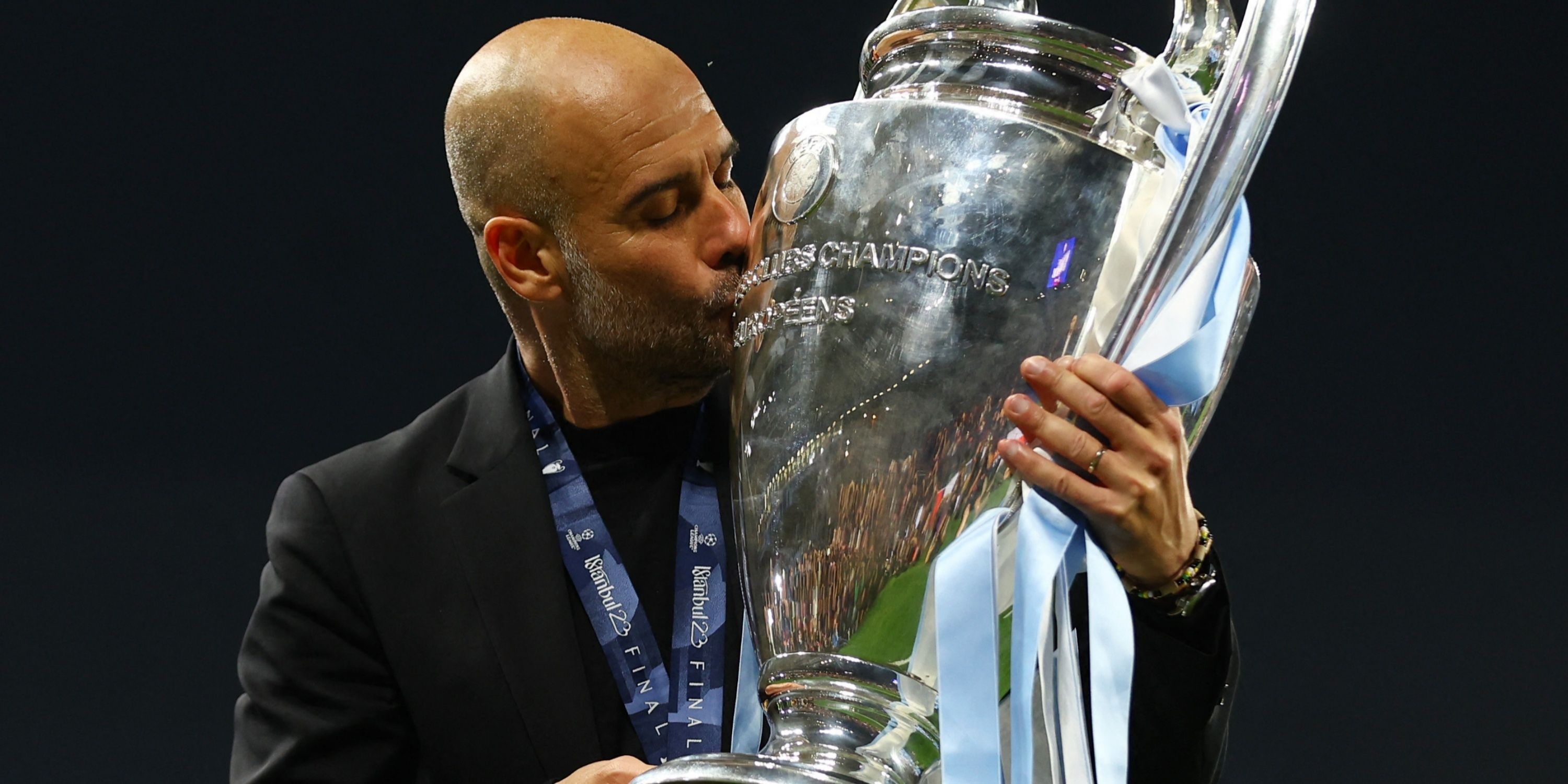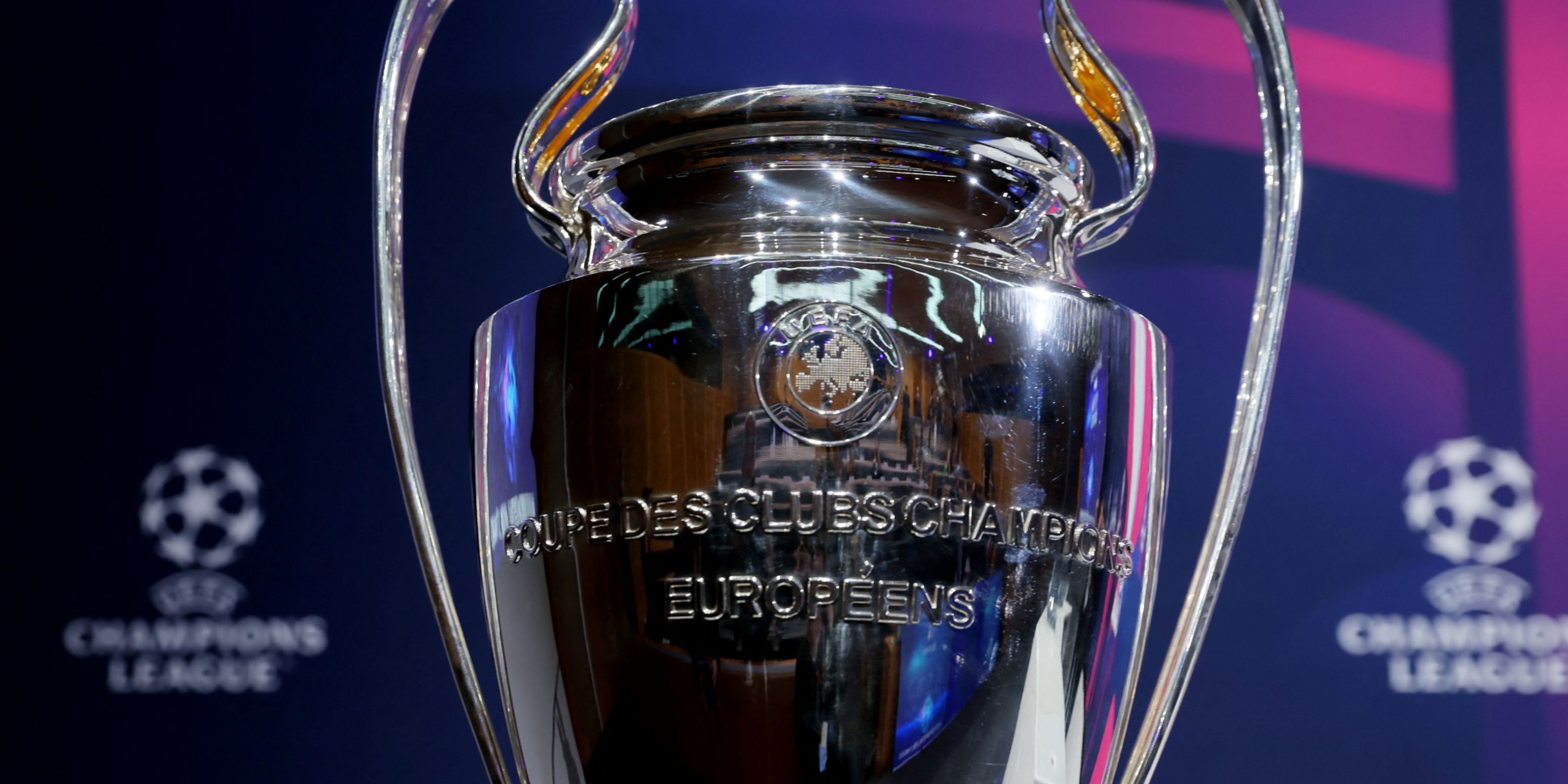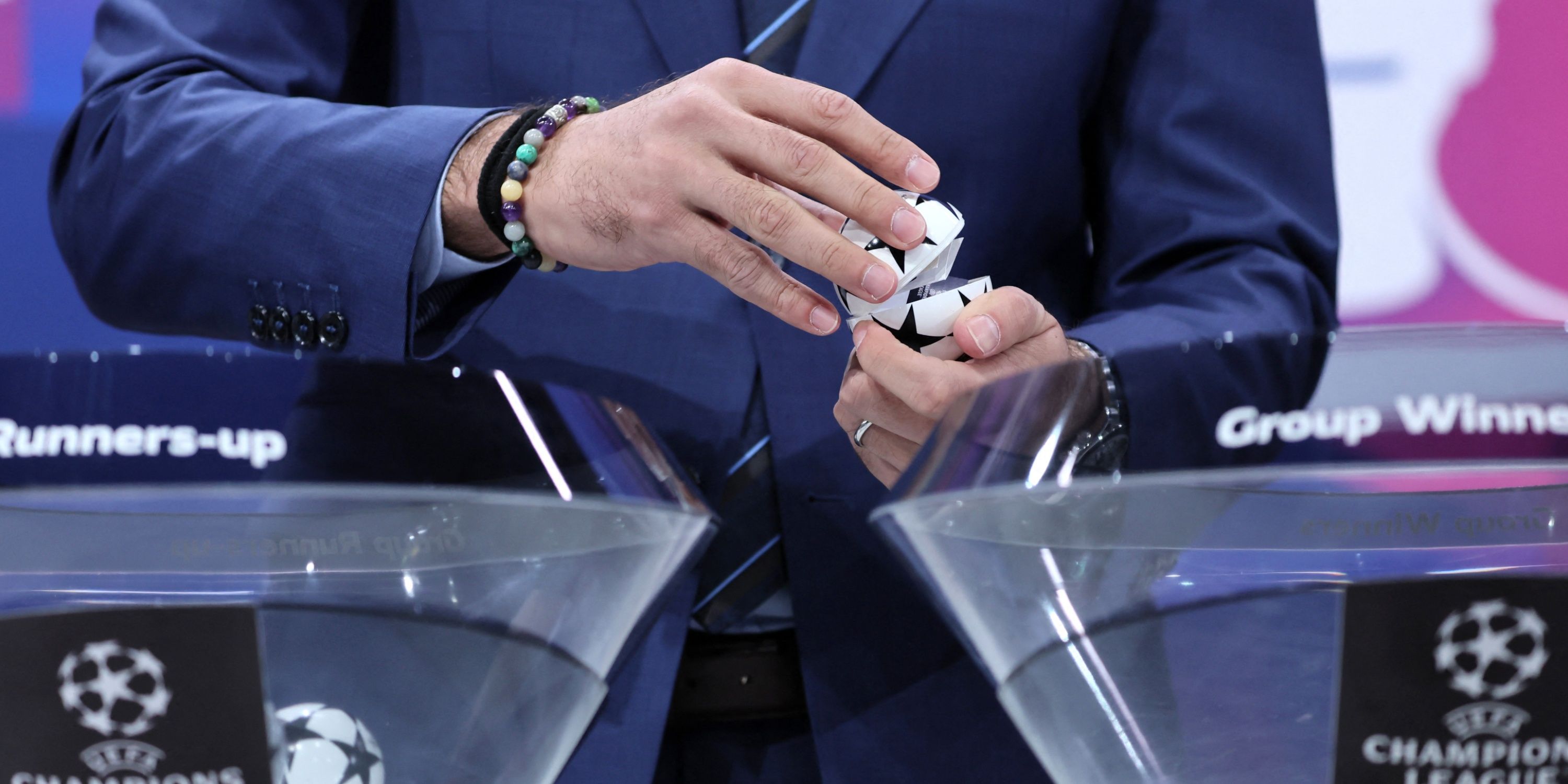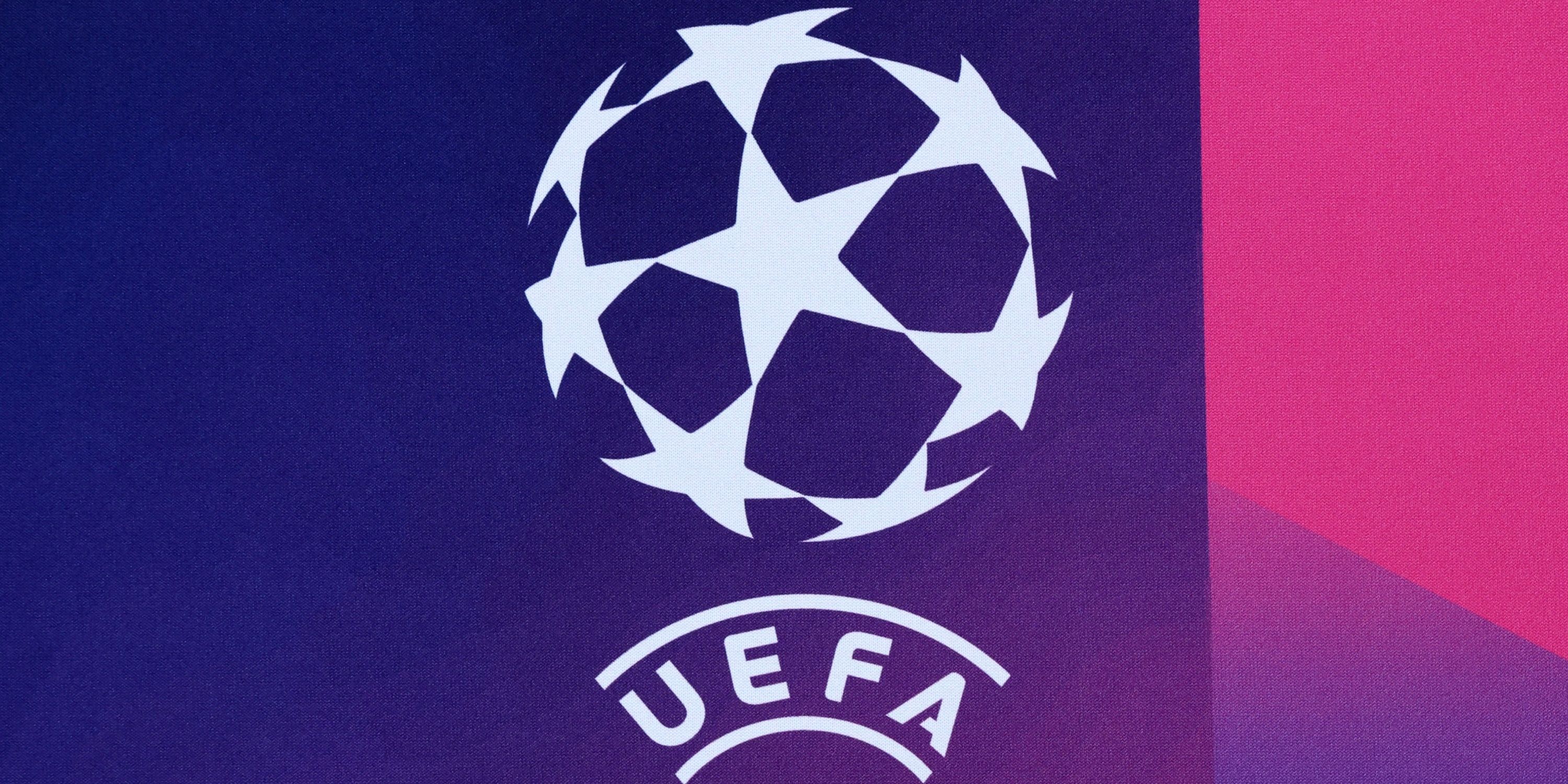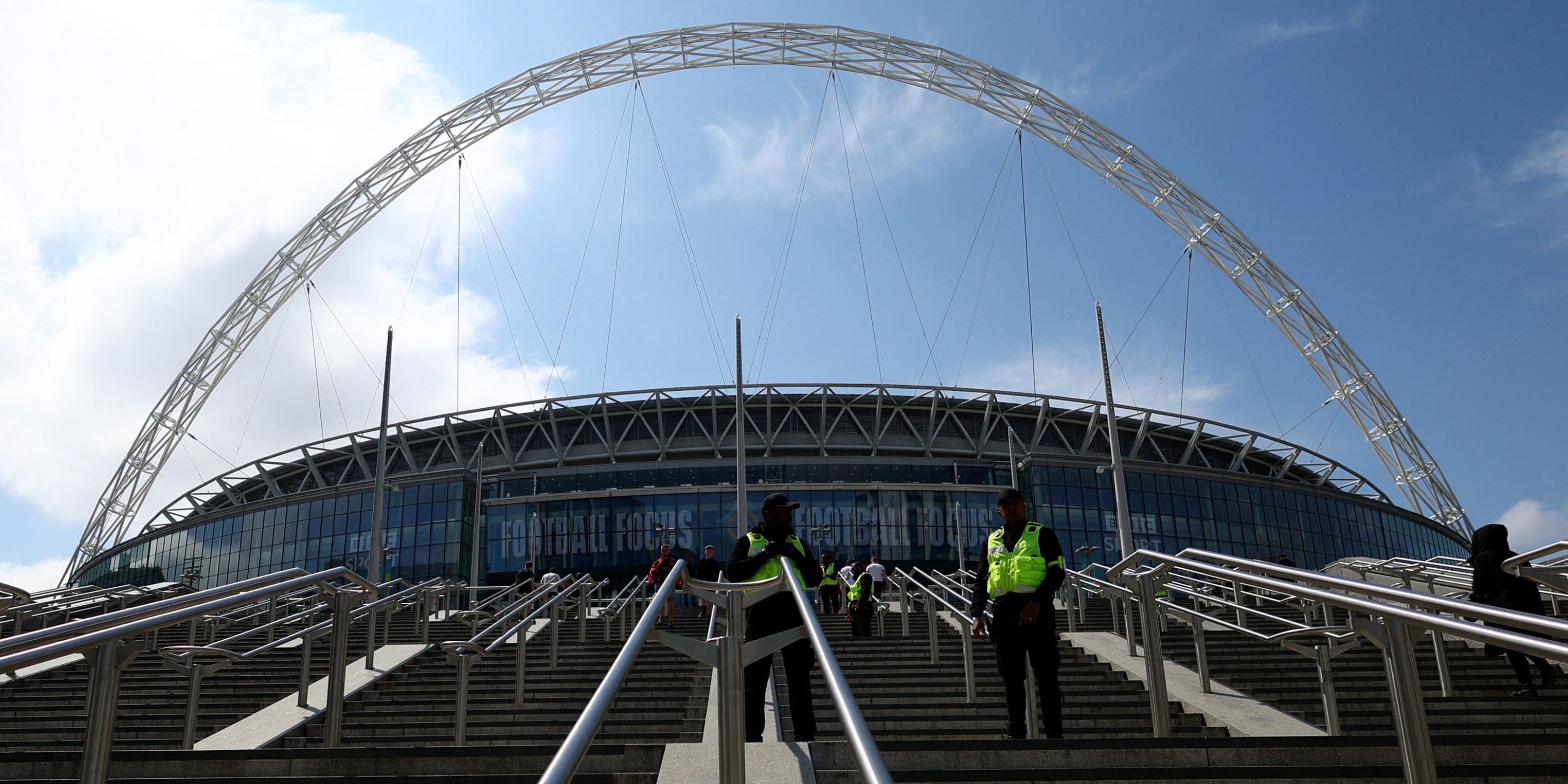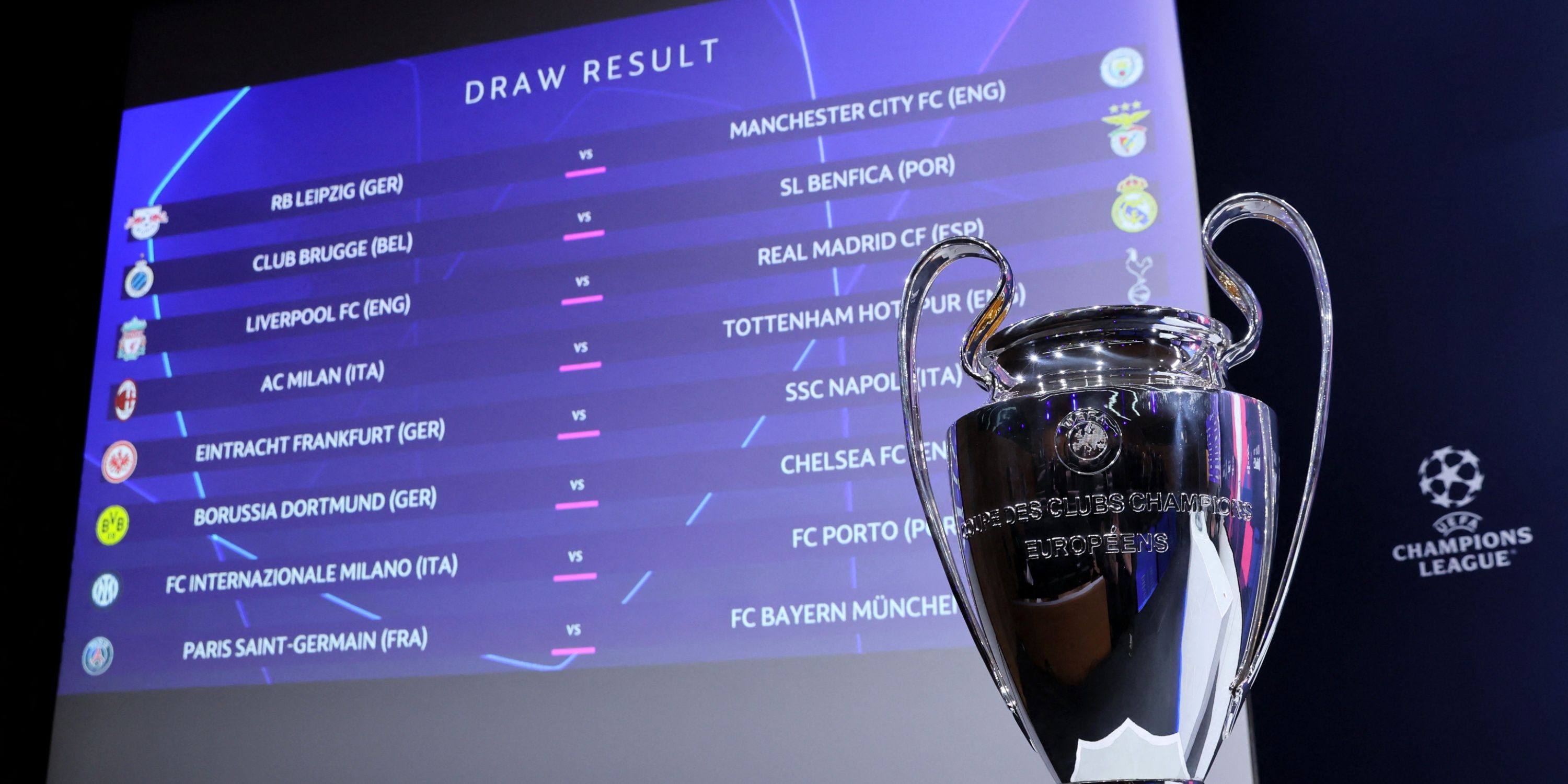[ad_1]
Before we know it, the Champions League will be returning to our screens and Football FanCast has run through the tournament’s key dates, qualified teams and much more.
Who has qualified for the Champions League?
Nation
Clubs
England
Manchester City, Manchester United, Arsenal, Newcastle United
Spain
Sevilla, Barcelona, Real Madrid, Atletico Madrid, Real Sociedad
Germany
Bayern Munich, Borussia Dortmund, RB Leipzig, Union Berlin
Italy
Napoli, Inter, Milan, Lazio
France
Paris Saint-Germain, Lens
Netherlands
Feyenoord, PSV
Portugal
Benfica, FC Porto, Braga
Belgium
Antwerp
Scotland
Celtic
Austria
RB Salzburg
Serbia
Red Star
Turkiye
Galatasaray
Switzerland
Young Boys
Ukraine
Shakhtar Donetsk
Denmark
Copenhagen
A real mix of teams this year, then. We’ve got plenty of historic names there, with Real Madrid, Milan, Barcelona and Bayern Munich being some of the most successful teams in the competition’s history.
But we’ve also got quite a few rare names. Newcastle United appear for the first time in 20 years, as do Lens. Union Berlin have never appeared in the competition and will debut. We can’t help but note the return of Arsenal, too, even if their absence hasn’t been quite as long as some of the names mentioned.
What is this year’s Champions League format?
This year’s Champions League is the same as what we have come to know it as – 32 teams will be split into eight groups of four, where the top two sides will qualify for the last 16.
Here, it will be a straight knockout over two legs, where away goals no longer count. The final is one leg, which includes extra time and penalties if required.
This will be the last time the Champions League plays out in this format, with the 2024/25 campaign set to be a completely different style.
The next edition of the Champions League will see the number of teams increased from 32 to 36, all competing in one league. Each team will play eight games, upping the total of matches from 125 to 189.
When is the Champions League group stage?
August’s play-off rounds saw the likes of Rangers, AEK Athens, Maccabi Haifa, Molde and Panathinaikos bow out, with all having to be content with a spot in the group stage of the Europa League.
For the victors in midweek, however, the Champions League group stage beckons, and takes place between 19th September and 13th December.
Here are those group stage dates in full:
Matchday 1
19th-20th September
Matchday 2
3rd-4th October
Matchday 3
24th-25th October
Matchday 4
7th-8th November
Matchday 5
28th-29th November
Matchday 6
12th-13th December
What are the Champions League pots?
Pot 1
Pot 2
Pot 3
Pot 4
Manchester City
Real Madrid
Shakhtar Donetsk
Young Boys
Sevilla
Manchester United
RB Salzburg
Real Sociedad
Barcelona
Inter
Milan
Galatasaray
Bayern Munich
Borussia Dortmund
Braga
Celtic
Napoli
Atlético Madrid
PSV
Newcastle United
Benfica
RB Leipzig
Lazio
Union Berlin
Paris Saint-Germain
FC Porto
Red Star
Antwerp
Feyenoord
Arsenal
Copenhagen
Lens
Maybe it’s just us, but those pots look a lot stronger than usual – perhaps because of the surprise returning and debuting teams this time around.
Napoli winning Serie A, for instance, pushes Inter into pot two and Milan into pot three. All three are amongst the strongest in their pots.
A top seed getting Real Madrid is essentially a nightmare scenario for any of them, while Newcastle being in pot four will terrify everyone.
A team could conceivably start in Pot 1 and end up with Real Madrid, Milan and Newcastle United. Bayern Munich or PSG could end up with that, in fact.
One other consequence of ‘smaller’ teams getting into the competition is that Pot 4 is unusually scary. You’d typically see it full of smaller nations’ champions, with little threat to the bigger teams.
But Spain, England, Germany and France all have teams in there thanks to surprise entrants. Sociedad, Newcastle, Union and Lens have little European history, but all placed at the top of elite European leagues.
Who could Newcastle United draw?
Newcastle United return to the Champions League for the first time in a long, long time – but they won’t have it easy. They’re in Pot 4 as a consequence of their lack of European football.
And that sets up some scary-looking prospects, here. Their worst-case scenario essentially creates a ‘Group of Death’ as many will have them down as the strongest side in that final pot.
Worst-case scenario: Bayern Munich, Real Madrid, Milan, Newcastle United
There’s an argument there that Milan are actually the weakest side in this particular group, depending on how you view their transfer business this summer. After all, they did lose Sandro Tonali to the Magpies. Really, though, no one is enjoying that group one bit.
Best-case scenario: Feyenoord, Porto, Copenhagen, Newcastle United
From this one, Newcastle might even be favourites to progress along with Porto. Feyenoord comfortably feel like the weakest of the Pot 1 teams, while Copenhagen have received a boost into Pot 3 because of the newbies in this year’s competition.
Who could Arsenal draw?
Arsenal are back in the Champions League after six years away and find themselves in Pot 2. They can possibly consider themselves a little fortunate after their absence – the Gunners are the lowest-ranked side in the second tier of teams.
It makes their best and worst-case scenarios significantly more palatable. In fact, Arsenal will surely be down as one of the favourites to progress no matter who they end up with on Thursday.
Worst-case scenario: Bayern Munich, Arsenal, Milan, Galatasaray
It’s very possible that we’re being generous to Galatasaray by putting them in this, but of all the Pot 4 teams, they’re the ones who made the biggest moves of the summer (Newcastle aside). They’ll be a threat if things click for them. Of course, Bayern are there because Arsenal are forever obliged to run into the German giants at some point.
Best-case scenario: Feyenoord, Arsenal, Copenhagen, Royal Antwerp
Quite honestly – and perhaps this is harsh on Feyenoord – this is a group that Arsenal could chase maximum points from. It reads more like a Europa League group, in fact, and the Gunners would be overwhelming favourites to progress, along with the Dutch champions.
Who could Celtic draw?
Brendan Rodgers will lead a Celtic team back into the Champions League this season – but it’s not a competition he’s had much luck in. We’ll see if he can change that this time around.
Of course, a lot of that depends on the group Celtic get. They’ve always gone into the competition knowing that there’s potential for a devastating draw, but things could look on them favourably this time around with a bit of luck.
Worst-case scenario: Manchester City, Real Madrid, Milan, Celtic
You would imagine that most Celtic fans would never expect to get out of such a group – they may not even expect to get a single point. This would see the last two champions, after all, as well as a Milan side boasting some fantastic talent right now.
But honestly, you can build quite a few scary-looking groups for the Bhoys – Bayern Munich, Arsenal, Lazio, Celtic is marginally kinder, but not exactly by much.
Best-case scenario: Feyenoord, Porto, Copenhagen, Celtic
While Celtic wouldn’t be certainties to progress from this group, with some real fortune going their way, they’d have a real chance. They could easily target a Europa League spot, too, but second place really wouldn’t be out of the question. Fingers crossed, they get the luck of the draw on Thursday.
Where is the 2024 Champions League final?
The Champions League final will be held at Wembley Stadium in London on 1st June 2024.
It will be the first time the stadium has held the showpiece event since 2013 when Bayern Munich triumphed over Bundesliga rivals Borussia Dortmund. Last season’s Champions League-winning captain Ilkay Gundogan was on the losing side that night as Arjen Robben’s winner broke the hearts of Jurgen Klopp and the Yellow Wall.
Where can I watch the Champions League final in the UK?
The Champions League final will be available to watch on TNT Sports – previously BT Sport – as well as streamed for free on YouTube for those who do not have the relevant subscriptions.
BT Sport has been the home of Champions League football in the UK since 2015 and enters a ninth season as rightsholder under its new guise in 2023/24.
How will the 2024/25 Champions League format work?
Not without its controversy, the Champions League is going through a major shake-up going forward. In the 2024/25 format, 32 teams will become 36, while the number of games will increase from 125 to a total of 189.
This is because every team qualifying for the Champions League will compete in one league, in which all teams will play eight matches. The top eight teams will qualify directly for the knockout stage, with the following 16 teams (placed 9th-24th) entering a two-legged play-off round in order to claim a place in the round of 16.
From here, the format will remain the same as we currently know it. But can anyone stop Pep Guardiola’s men this year?
[ad_2]
Source link

